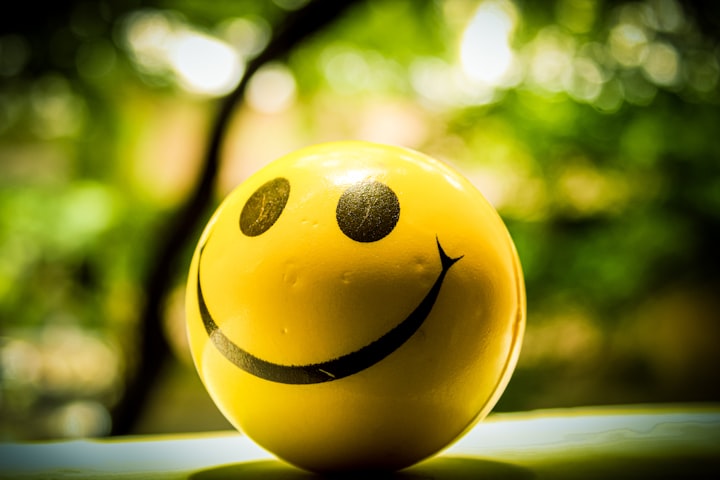The Joy of Our Hearts
The Science Behind Laughter, Unraveling the Mysteries of Humor and its Healing Effects

Laughter is a universal language that transcends cultural and linguistic barriers. It is a powerful human response that brings joy, connection, and healing. But have you ever wondered why we find certain things funny and why laughter has such a profound impact on our well-being? The science behind laughter provides fascinating insights into the mysteries of humor and its healing effects.
It is a complex physiological and psychological response. When we find something humorous, it triggers a series of reactions in our bodies. The brain releases endorphins, the feel-good chemicals that promote a sense of happiness and relaxation. This natural high contributes to the pleasurable experience of laughter.
Research has shown that laughter has numerous physical and mental health benefits. It boosts the immune system, reduces stress hormones, and improves cardiovascular health. Laughing also engages multiple muscle groups, providing a mini workout for the body. It can even help alleviate pain by triggering the release of natural painkillers in the body.
Humor and laughter have long been recognized as important social tools that facilitate social bonding and create a sense of camaraderie among individuals. When we laugh together, it transcends social barriers and creates a shared experience that brings people closer. Whether it's sharing a joke, watching a comedy show, or engaging in playful banter, laughter has the power to foster a positive and inclusive atmosphere.
Laughter acts as a social glue, allowing individuals to connect on a deeper level. It breaks down barriers and helps people let their guards down, allowing for more genuine and authentic interactions. When we share laughter with others, it creates a sense of belonging and mutual understanding. In a world that can often feel divided, humor has the unique ability to bridge gaps and bring people from different backgrounds and perspectives together.
Moreover, laughter has a profound impact on communication. It lightens the mood and creates a positive emotional state, making conversations more enjoyable and engaging. When humor is present in social interactions, it promotes open and relaxed communication, leading to better understanding and connection. It can even diffuse tense situations and serve as a coping mechanism during difficult times, helping people find common ground and build empathy.
In addition to enhancing social bonds and communication, laughter promotes overall well-being within social groups. It creates a positive and supportive environment where individuals feel safe and valued. Laughing together fosters a sense of community and strengthens the sense of collective identity. It reinforces the notion that we are not alone in our experiences and that we can find solace, joy, and support in the company of others.
The ability to find humor in everyday situations is a reflection of our cognitive processing. Humor often involves incongruity, surprise, and the ability to see things from different perspectives. When we encounter something unexpected or contradictory, our brains make a sudden shift in thinking, leading to laughter. This cognitive flexibility is not only important for humor but also for problem-solving and creativity.
Psychologists have studied the benefits of humor therapy, also known as laughter therapy or laughter yoga, as a form of complementary medicine. It has been used to reduce stress and anxiety, improve mood, and enhance overall well-being. Laughter therapy involves intentional laughter exercises, which stimulate laughter even in the absence of external stimuli. The act of laughing, whether genuine or forced, triggers the same physiological responses and benefits.
However, it is essential to recognize that humor is subjective, and what may be funny to one person may not be to another. The cultural, social, and individual differences influence our sense of humor. Jokes, puns, and comedic styles can vary widely across cultures and individuals. It is crucial to respect individual boundaries and sensitivities when using humor.
Laughter also has its limitations. While it can provide temporary relief from stress and negative emotions, it is not a substitute for addressing underlying issues. It is important to seek professional help when dealing with chronic or severe mental health conditions. Additionally, using humor inappropriately or at the expense of others can be hurtful and offensive. It is essential to use humor responsibly and with sensitivity.
In conclusion, the science behind laughter unveils the mysteries of humor and its healing effects. Laughter brings people together, improves physical and mental well-being, and promotes a positive and inclusive atmosphere. The ability to find humor in life is a valuable skill that enhances cognitive processing and social connections. While laughter is not a cure-all, it has a powerful impact on our overall well-being. So, let's embrace the joy and healing power of laughter and share a good laugh whenever we can.





Comments
There are no comments for this story
Be the first to respond and start the conversation.